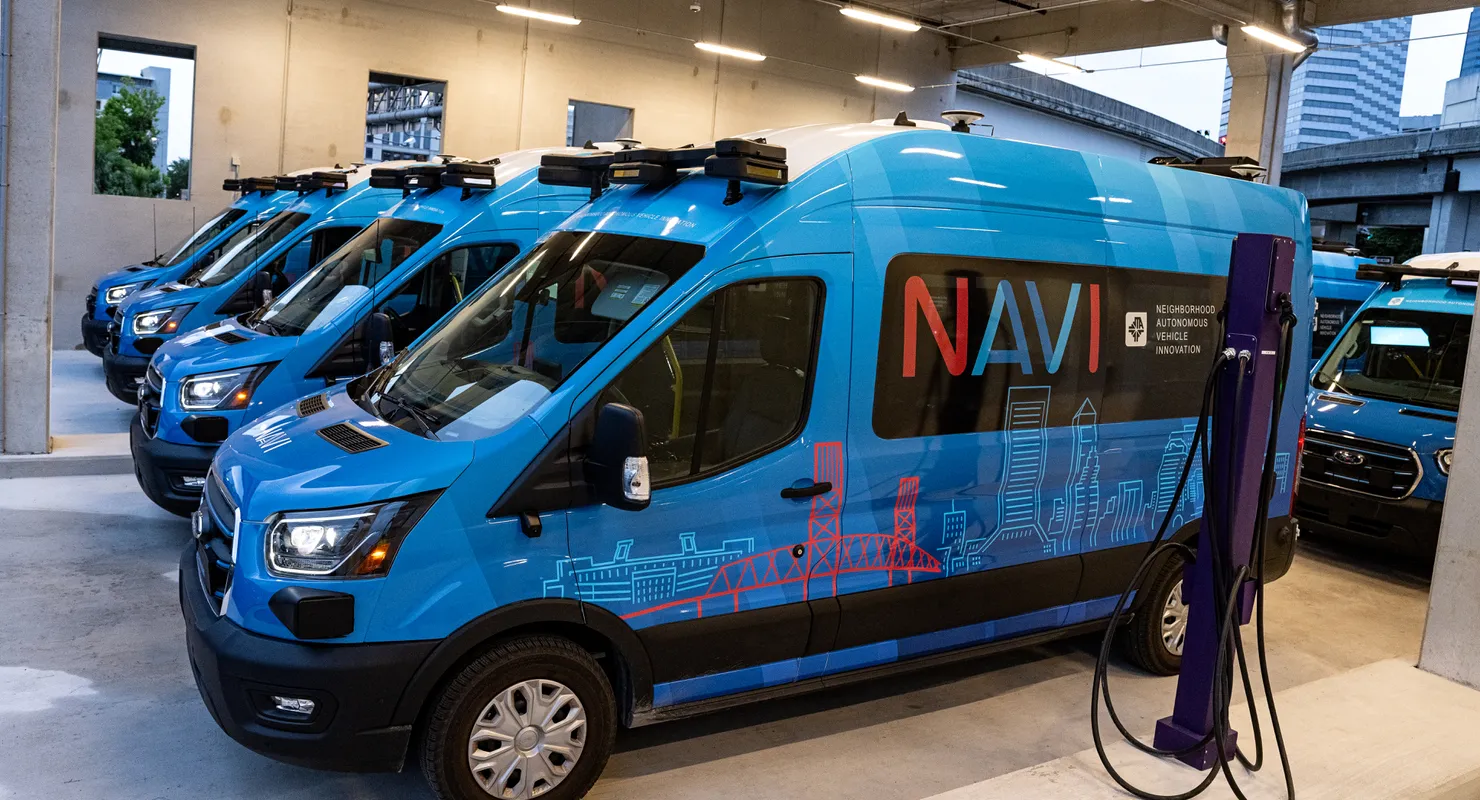
Photo: whim-maas-global-3
MaaS platforms must be city led, says new report
08 April 2020
by Jonathan Andrews
Ride sharing companies that add public transit information to their apps will fail to engage the necessary transit partners for an effective solution and should instead focus on licensing platforms, says a new report by Juniper Research.
Nick Maynard, Lead Analyst and author of the report, told Cities Today that the model is not sustainable in the future.
“The ideal business model format is based on a public-private partnership where public transport and the needs of the city determine how that Mobility-as-a-Service (MaaS) platform is created and integrated,” he said. “It has to be city led.”
Maynard highlighted Helsinki and Berlin as model cities with good MaaS platforms–Whim and Jelbi–that work well with the private and public sector.
“Berlin has the potential to be much bigger with the launch of Jelbi which is backed by MaaS platform provider Trafi,” he said. “That’s got really high potential, given the fact that public transport plays such an important role in Berlin, but also the positive engagement from the transit authority.”
Effects of coronavirus on MaaS revenue
The new research says that revenue generated by the use of MaaS platforms into a single app, will exceed US$52 billion by 2027 but growth will not occur until 2021, because of significant reductions in transport usage due to the coronavirus pandemic.
MaaS revenue for 2020 had been forecasted to be 50 percent higher than now due to the coronavirus outbreak. It does however anticipate that MaaS initiatives will rebound quickly in 2021 as cities re-evaluate their transport strategies.
“Now is quite a good time for mobility heads to be planning what they’re going to be doing,” added Maynard. “The mobility platforms themselves have to agree pilots and talk to cities as soon as possible to make sure that this interruption [COVID-19] to the momentum isn’t permanent.”
The research noted that MaaS will save significant time for citizens from 2021, as it provides much-improved routes and travel options as well as reducing road congestion. By 2027, MaaS will lead to a commuter time saving equal to 2.7 days per MaaS user per year.






